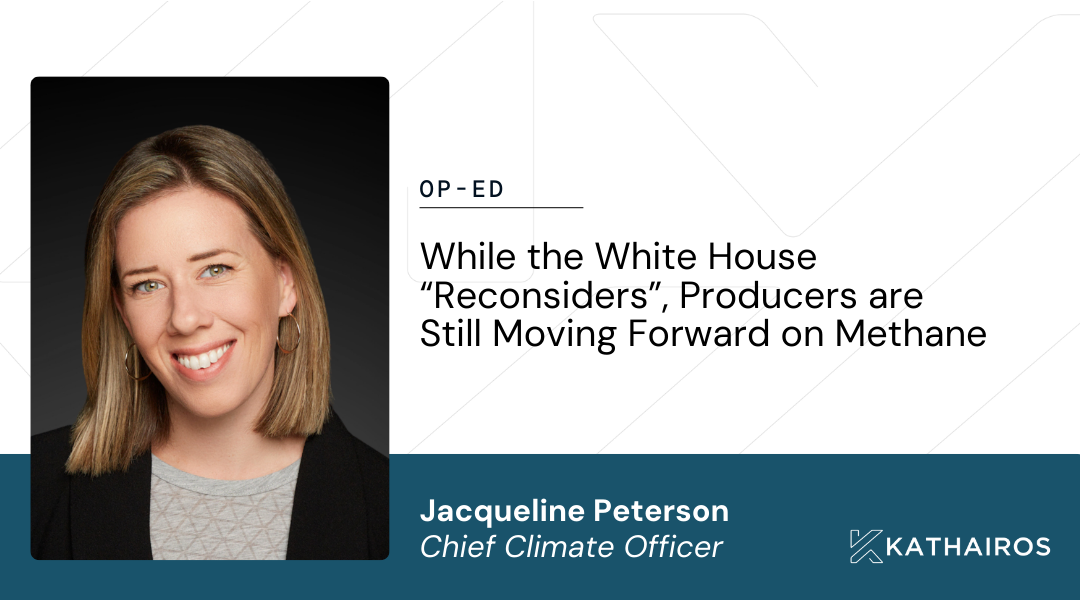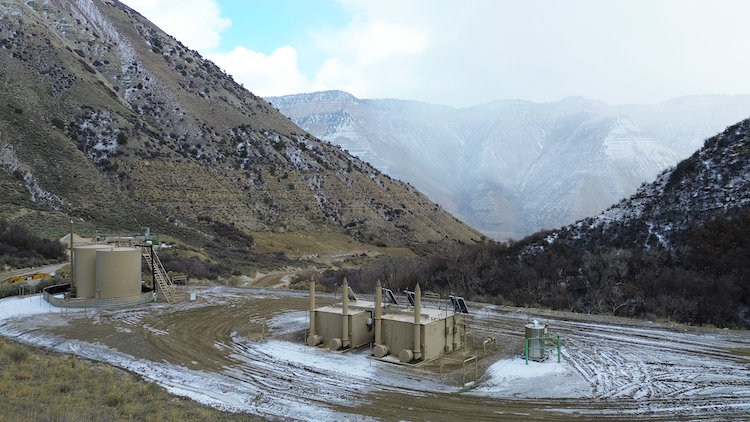
Kathairos has emerged as the leading North American solution for methane elimination from pneumatics, with more than 1,000 systems in operation across North America and over 40 major oil and gas producer partners.
In this post
By 2050, the transition to a decarbonized energy system is expected to save at least $12 trillion globally, according to a peer-reviewed study by Oxford University researchers.
The research shows a triple win scenario, in which rapidly transitioning to clean energy results not only in lower energy system costs than an entirely non-renewable fuel system, but also more energy to the global economy and wider energy access to more people around the world.
In the study, a 'fast transition' scenario shows a future within reach for a fossil-free energy system by around 2050, providing 55% more energy services globally than today by ramping up clean and renewable fuel usage.
“Past models, predicting high costs for transitioning to zero carbon energy, have deterred companies from investing, and made governments nervous about setting policies that will accelerate the energy transition and cut reliance on fossil fuels,” commented lead author, Rupert Way, postdoctoral researcher at Oxford's Smith School of Enterprise and the Environment. “But clean energy costs have fallen sharply over the last decade, much faster than those models expected.”
In the study, researchers analyzed thousands of transition cost scenarios produced by major energy models and used data on 45 years of solar energy costs, 37 years of wind energy costs, and 25 years of battery storage. They found that the cost of solar energy decreased twice as fast as the most ambitious projections in previous models, revealing that, over the last two decades, outdated models grossly overestimated the future costs of key clean energy technologies.
“There is a pervasive misconception that switching to clean, green energy will be painful, costly and mean sacrifices for us all, but that's just wrong,” says Doyne Farmer, who leads the team that conducted the study at the Institute for New Economic Thinking at the Oxford Martin School. “Renewable costs have been trending down for decades.”
The study showed the costs for key storage technologies, such as batteries and hydrogen electrolysis, are also likely to fall dramatically. Meanwhile, the costs of nuclear have consistently increased over the last five decades, making it highly unlikely to be cost competitive with plunging renewable and storage costs.
“The world is facing a simultaneous inflation crisis, national security crisis, and climate crisis. This study shows ambitious policies to accelerate dramatically the transition to a clean energy future as quickly as possible are, not only, urgently needed for climate reasons, but can save the world trillions in future energy costs, giving us a cleaner, cheaper, more energy secure future,” added Farmer.
Since Russia's invasion of Ukraine, the costs of fossil energy have skyrocketed, causing inflation around the world. This study, conducted before the current crisis, takes account of such fluctuations using over a century's worth of fossil fuel price data. The current energy crisis underscores the study's findings and demonstrates the risks of continuing to rely exclusively on non-renewables. The research confirms the response to the crisis should include accelerating the transition to low cost, clean energy as soon as possible, as this will bring benefits both for the economy and the planet.
Explore more posts from Kathairos
.jpg)
Decarb Digest, Issue 01: Discover Why Energy Leaders Aren’t Waiting on Washington

Op-Ed: While the White House “reconsiders”, producers are still moving forward on methane

